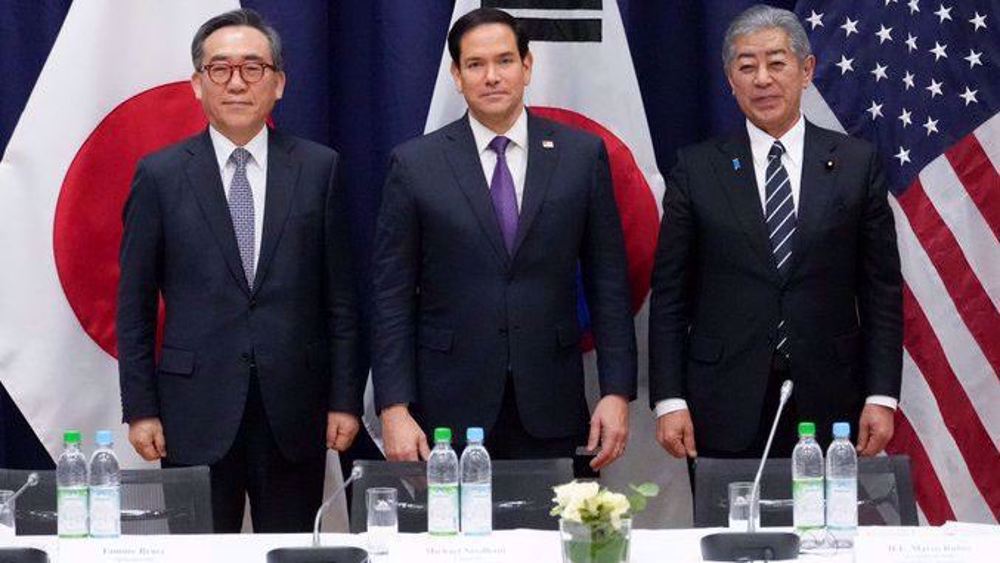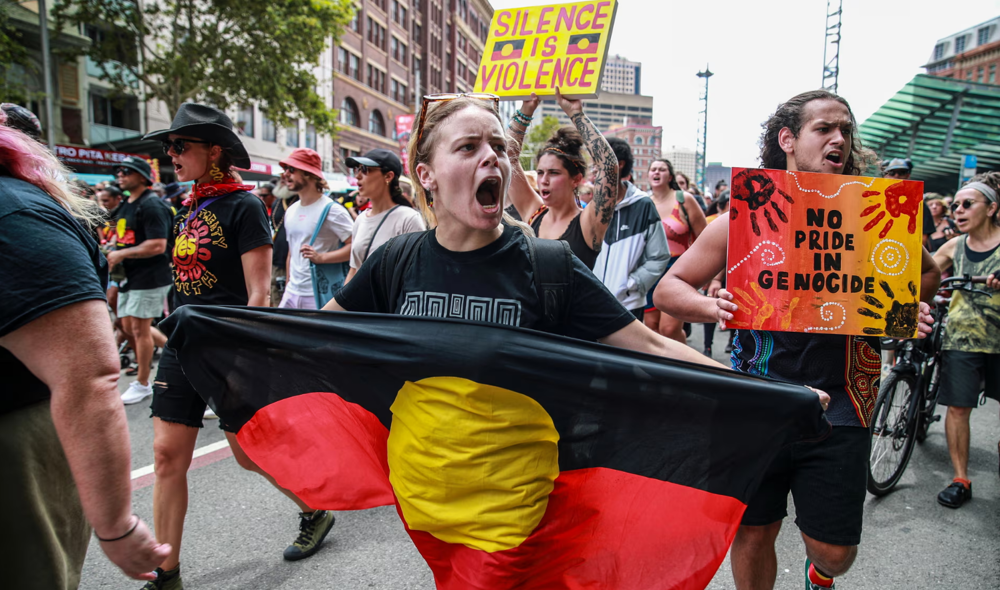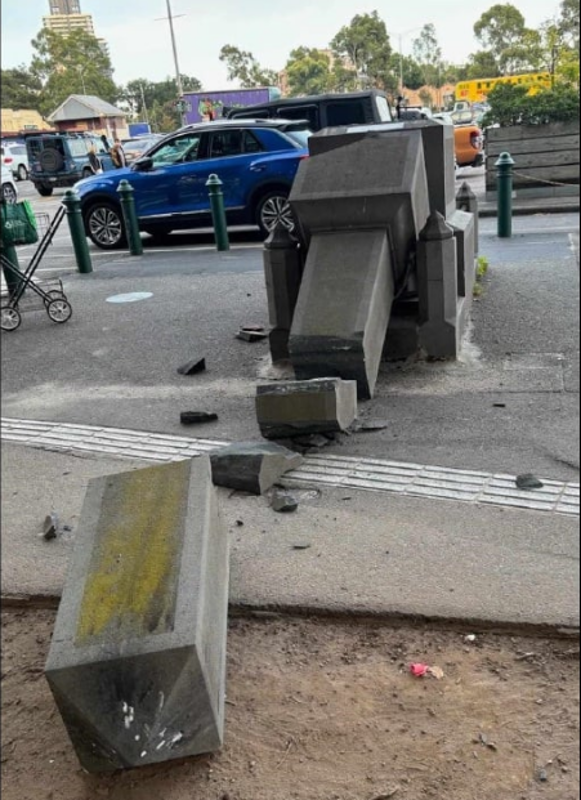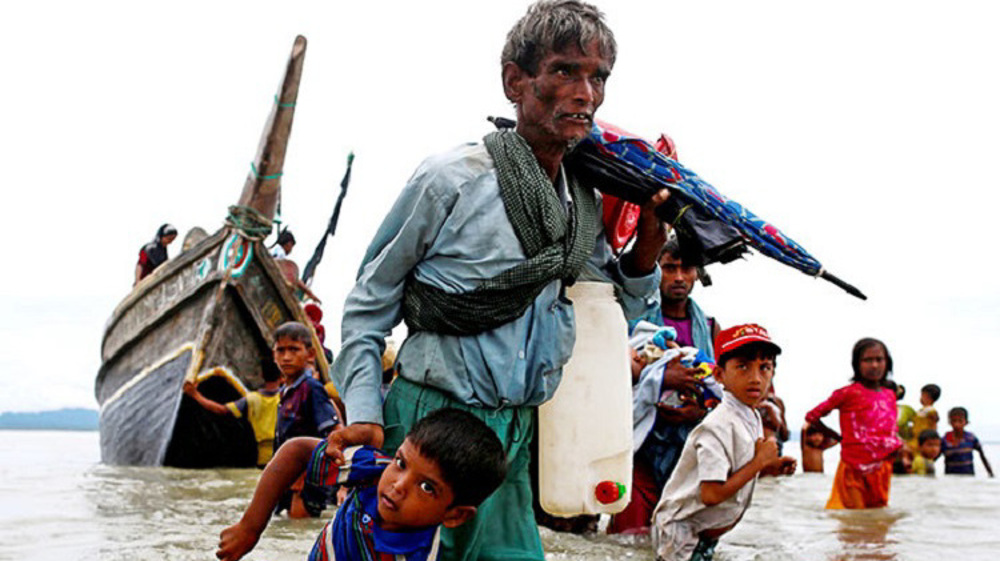HRW urges India to provide refuge to Rohingya Muslims adrift at Indian Ocean
Human Rights Watch (HRW) has urged the Indian government to provide refuge to dozens of Rohingya Muslim asylum seekers who have been adrift in the Andaman Sea for more than two weeks.
Although India’s coast guard has reportedly repaired the vessel carrying the refugees and provided food, medical and technical aid to them, New Delhi has not permitted the boat to enter Indian waters, requesting its return to Bangladesh.
Despite the alleged assistance, eight refugees have died and the 81 survivors are reported to be in bad health condition, suffering from extreme dehydration.
The boat set off from southern Bangladesh almost two weeks ago in the hope of reaching Malaysia.
Meenakshi Ganguly, the South Asia director of Human Rights Watch, said India should undertake its commitments as the closest country and provide protection for the survivors.
“The Rohingya have been so persecuted, and for so long, they are desperate to find a place where they can be safe and made to feel welcome. And yet, no country in the world, even those that sympathize with them, are willing,” Ganguly said.
Apart from HRW, the Rohingya refugees living in India are trying to persuade the Indian government to accept the distressed refugees.
Sabber Kyaw Min, director of Rohingya Human Rights Initiative (RHRI) in India raised concerns about the situation and said, “We are begging Indian authorities to bring our people to land, how can all countries refuse to accept 81 lives stranded in international waters?”
The Indian foreign office has not responded to the calls for the country to accept the refugees.
Described by UN Secretary-General Antonio Guterres as “one of, if not the, most discriminated people in the world,” the Rohingya are a Muslim minority in predominantly Buddhist Myanmar.
However, Myanmar does not recognize the Rohingya as an ethnic group in the country and considers them Bangladeshi refugees.
Bangladesh foreign minister, A.K. Abdul Momen, said last week that his government considered Myanmar as the Rohingya’s country of origin, and expected the country to accept the 81 survivors.
A deadly crackdown in 2017 by Myanmar's army on Rohingya Muslims sent hundreds of thousands fleeing across the border into Bangladesh.
Many have risked perilous journeys in the hope of reaching Malaysia and Indonesia by rickety boats.

US, Japan, S Korea renew calls for ‘complete denuclearisation’ of North Korea

Indigenous rights activists rally on Australia Day to protest British colonization legacy

Colonialist’s monument toppled in Melbourne ahead of Australia Day
'Shocking attack on free expression': Canadian politician slams arrest of pro-Palestine activist
West Bank Palestinians fear Gaza style destruction as Israel escalates raids
Hamas: Ibrahimi Mosque massacre testament to Israel’s criminal policy
Trump eyes Ukrainian rare earth minerals in exchange for military support to Kiev
Six Gaza children, including newborn girl, die of cold weather as Israel blocks aid
Iran rules out nuclear talks with US amid ‘maximum pressure’ campaign
Israeli tanks roll into West Bank first time in 20 years as prelude to forcible annexation
VIDEO | Trump wants Ukraine's mineral wealth








 This makes it easy to access the Press TV website
This makes it easy to access the Press TV website